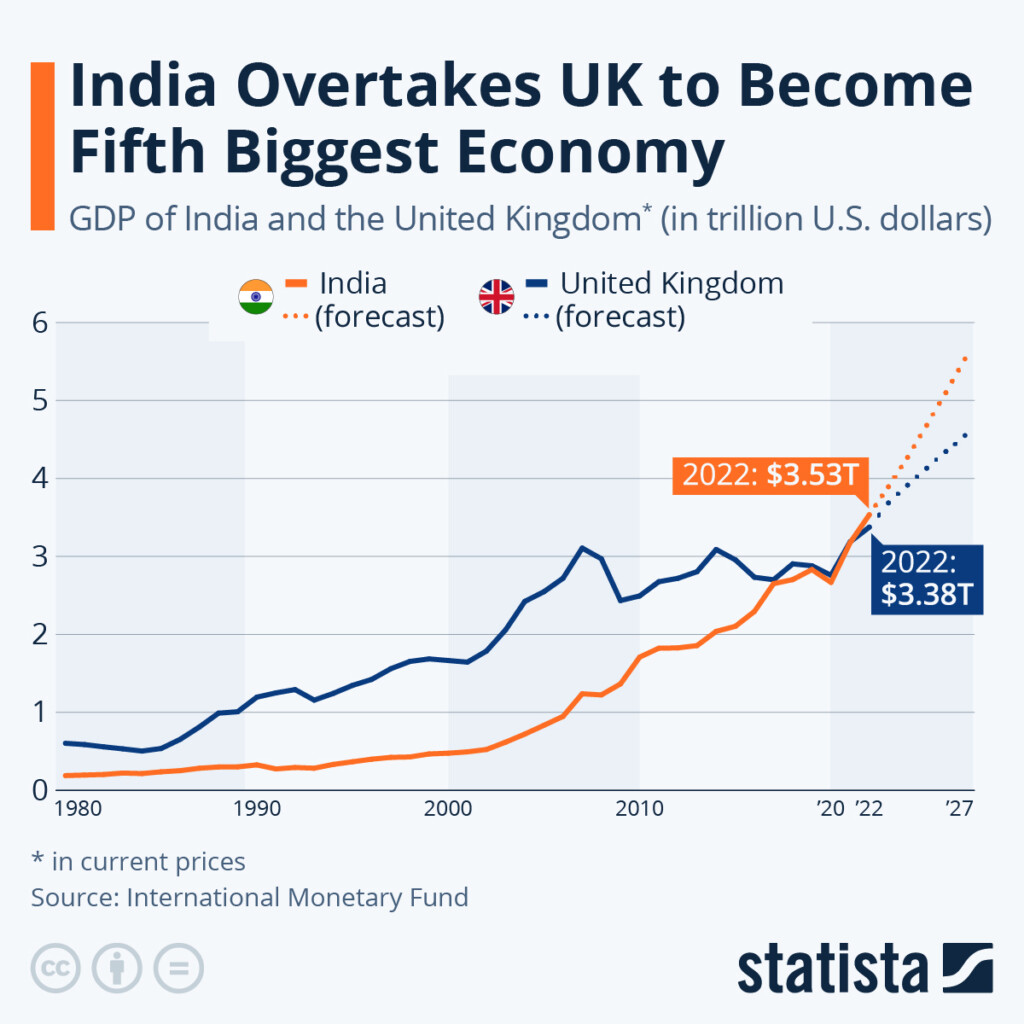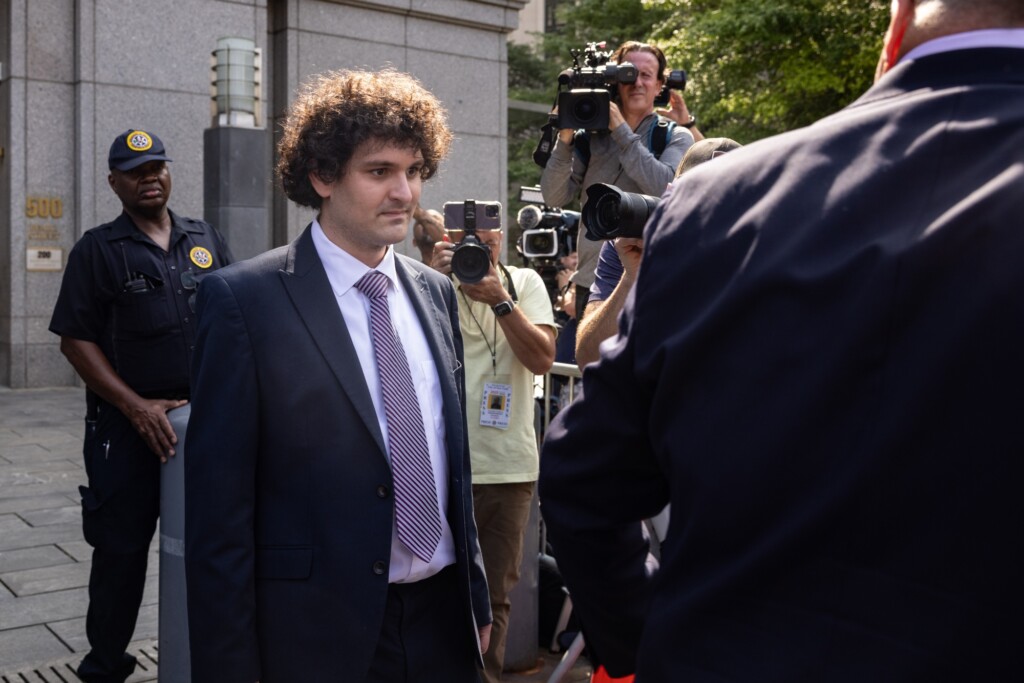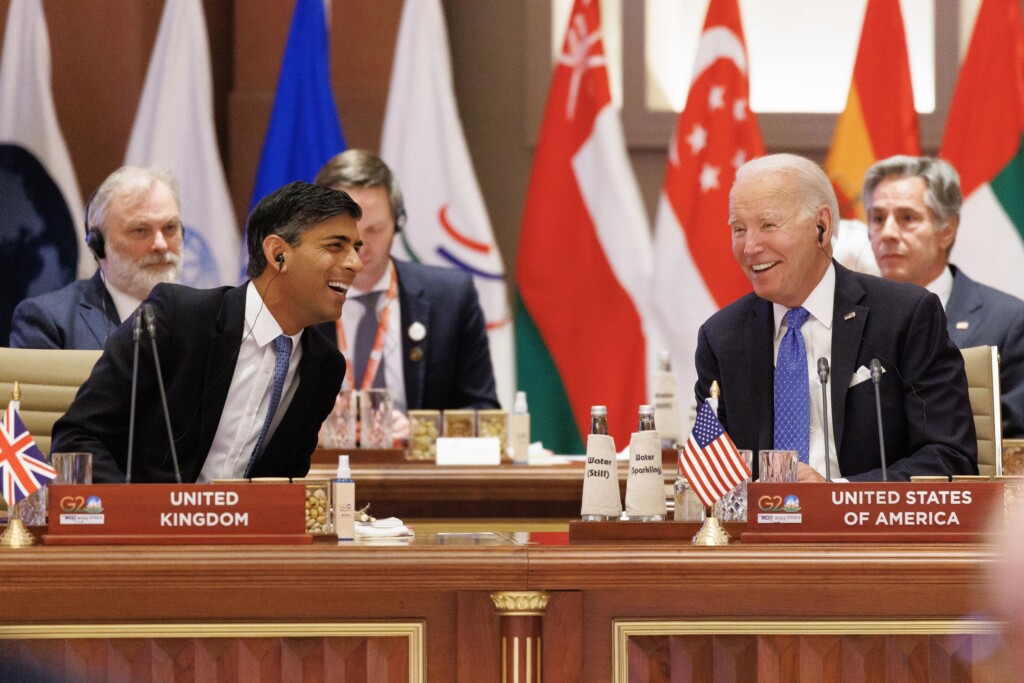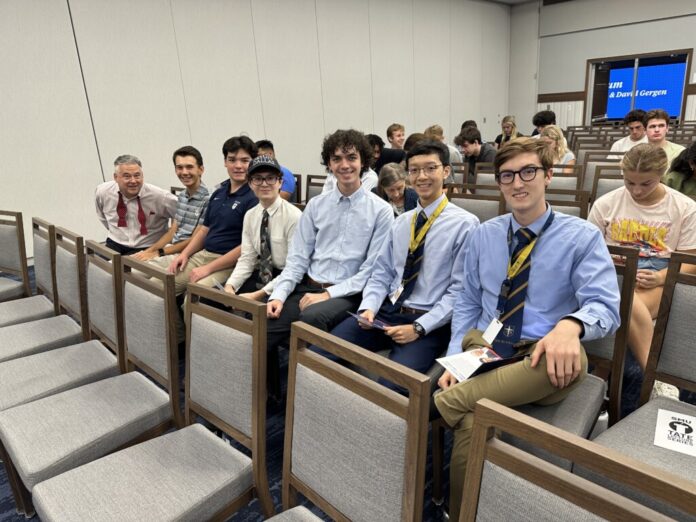NOTE: Special thanks to Viewpoint Editor Peter Loh ‘24 for his contribution in this article.
On September 12, 2023, Jesuit Dallas was invited to attend the SMU Tate Series featuring three public intellectuals. These veteran political watchmen include retired US Navy four-star admiral James Stavridis, Fareed Zakaria, and David Gergen.
Admiral Stavridis was also a former supreme allied commander of NATO and currently serves as columnist and chief information security analyst for NBC News. Meanwhile, Fareed Zakaria is the host of CNN’s GPS and is considered “the most influential foreign policy advisor of his generation” by Esquire magazine. Finally, David Gergen is a professor of public service and founding director of the Center for Public Leadership at the Harvard Kennedy School who actively works with a rising generation of new leaders.

DISCUSSION
The lecture addressed several current issues and foreign policy topics, ranging from the rise of the Global South to the essential qualities of leadership. The following Q&As are one of the monumental highlights from the discussion.
I thought the Tate Series was well-done, and more importantly something I took away. I am very fortunate I was able to attend, and attain more knowledge and grasp about international relations and various topics that the three guest speakers mentioned. I wasn’t familiar with some of the invited panelists, besides David Gergen, however, it gave me insight about our nation in todays age of current events. — Griffin Taber ’24 News Editor and Podcast Host
Question about the rise of the Global South: “The recent G20 came to a close in India which saw the rise of new players like India and the permanent addition of the African Union. What do you think this means for foreign policy in the 21st century?”
Fareed Zakaria: “This is what we’ve been seeing for the past 25 years ago, it’s the rise of the Rest, not the rise of the West. We’re seeing emerging markets, the Indias, the Brazils, the Africas of the world. These countries now represent almost 45% of the world’s GDP – it’s a coming-out party for new players on the global stage. For example, per capita GDP for India was originally 250 dollars a year, compared to America’s 35,000 per capita GDP. Now India’s per capita GDP has risen to 3,000 dollars a year. There is a remarkable amount of optimism in the developing world as they see it as nothing but opportunities for them and their countries’ growth on the world stage, and I think America could learn something from that optimism.

Question about US foreign policy: James Stavridis, you have often commented on the need to “build bridges” in foreign policy engagement, since your thesis of this argument in 2010, have you seen this in play by the US government?
James Stavridis: “I think today in the Biden administration we have a team that believes in that. They want to leverage the network of alliances we have, east to NATO and west to our allies in the Pacific. The vast majority of wealth is still concentrated in the West – and for the United States the advantage of building bridges to countries we haven’t previously connected with like Japan, South Korea, or Singapore because we can use our wealth to help maintain their security. But I think that we can build more bridges into the south of the US, like Central and South America. We have an enormous amount of cultural and linguistic ties to the South. This expanding part of the world will become richer as years go on, and we in the US should take advantage to cooperate with these nations.”

Fareed Zakaria: “I agree with James – it is much more important to build bridges to the global south than trying to shut them out – we need to remember that these places are already in many ways part of the west, like Latin America, and we can help foster cooperation with them by allowing them into dialogue with us. We want Argentina to think of themselves as part of the West.”
Question about BRICS & implications on other currencies: BRICS (standing for Brazil, Russia, India, China, South Africa) has recently finished a summit in opposition to the US-led global order, proposing an opposing currency to the US dollar. Could this be a potential unification of the global south against the US-led economic order?
Fareed Zakaria: “I see zero risk of this happening. BRICS is a concept in search of a reality. It began with an economist arguing that countries should be invested in looking at newly developing economic countries that would possibly be future hubs of innovation. Now, those predictions have been wrong – Russia is not likely to be the future innovation center of the world, and the same goes for other nations. They have nothing in common, there are no deep strategic ties. The Dollar will not be replaced in the foreseeable future – there has never been anything like the dollar, and 89% of international financial transactions take form in the dollar. A globalized economy needs a common currency, and only the US is strong enough to provide that currency.

James Stavridis: I won’t disagree with Fareed here but I will posit another view: I think that crypto could surpass the US dollar in the future. I think we are very much in the wild west in the world of Bitcoin because there is so much motion. But sovereign states want control of A) military institutions and B) currency. So countries will be very opposed to cryptocurrencies, but they could surpass circumventions.

Question about leadership: David Gergen, you identify key elements of leadership throughout your public service, how has studying various political officials influenced your own leadership?
David Gergen: Well as I often joke, I began my career under Nixon with Watergate, and I ended it under Clinton with Mudgate. But one thing I learned was that leadership was considered a skill that one person could do, but we’ve recently understood that the answer to leadership relies on cooperation, and building those bridges like James talked about. G20 is an opportune time for leadership because it can be used to build connections with foreign nations like in East Asia that are hostile to China to contain them. Leaders are going to have to answer hard questions on choosing between taking a hardline stance against threats and taking a chance with cooperation and concessions to work together against common threats.

Question about worldview: How do we have students avoid sheltering in political echo chambers and work with other opposing views to possibly change their opinions?
James Stavridis: Journalists are on the front lines in so many ways. Richard Engel, who worked with me in Afghanistan would have little to no protection as a journalist whilst I, a 4-star Admiral, had ample protection from Navy SEALS and full body armor. Respect real journalists who are willing to risk their lives to understand the truth – watch the war correspondents rather than the journalists sitting all day in their office chairs. Also, find some time to get into the other echo chambers even if you feel strongly for one side. The means to do that are available to all with the internet. When thinking about information, be smart about it – avoid misinformation, be a discerning consumer of media.
David Gergen: A responsibility of all citizens is to listen and respect alternative perspectives. Don’t buy into the propaganda, read into areas that you usually wouldn’t read. Colin Powell would usually say that the best news he got from the world was Al Jazeera – which is a shock to a country that usually sees these people as enemies. But it was a news piece that could be critical of all sides, and he respected them for that.

“I had a great time attending the SMU Tate Lecture Series Student Forum with likeminded members of the Jesuit community.” – Grant Cooper ‘24
Conclusion
Listening to these political watchmen discuss foreign policy topics and issues has been an incredible experience. Complemented by knowledge acquired in history and social science courses, Jesuit students had the opportunity to expand their worldview of current events.
Stay tuned to The Roundup for more school and community news!






